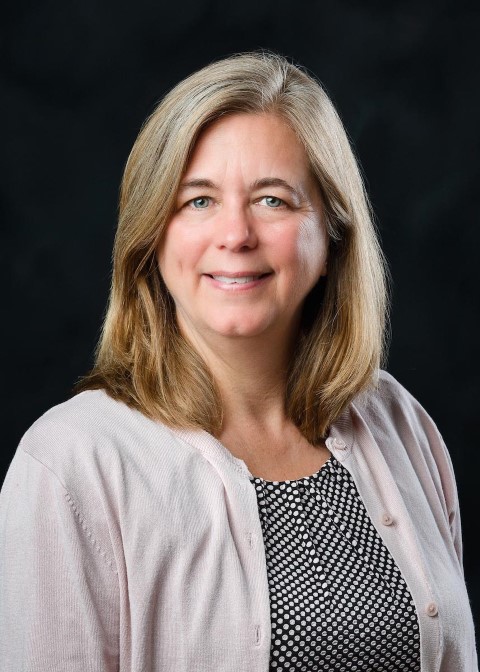ExpandED: Broadening the Understanding of Contemporary Issues in Education and Policy
The Texas Tech University Educational Leadership Policy faculty in collaboration with the Center for Innovative Research in Change, Leadership, and Education (CIRCLE) invite you to join us for our virtual brown bag series, “ExpandED: Broadening the Understanding of Contemporary Issues in Education and Policy.” Featuring researchers from the College of Education and various institutions across the country, the aim of this series is to bring together students, faculty, and researchers at Texas Tech and beyond to disseminate knowledge that is of immediate relevance to educational leadership and policy and facilitate the cross-pollination of ideas across multiple institutions.
This year, audiences from across the country will gather virtually to engage with speakers on topics related to policy evaluation and open-science research practices, evolutions and social constructions of education policy over time, and empirical research noting the barriers and challenges to providing equitable educational opportunities for historically marginalized students.
To access recordings of all previous ExpandED talks, please visit the webinars page linked here.
Schedule and Summary of 2024-25 Talks
Why Rural Matters for Education in Texas
June 6th, 2025, 11:00 a.m.
If you viewed the session (live or recorded), we invite you to a brief survey: https://forms.gle/wLGwRF8PZzMs6f6A8
Devon Brenner , Ph.D.Director and ProfessorSocial Science Research Center
Mississippi State University
Karen Eppley , Ph.D.Teaching Professor of Literacies and English LanguageDepartment of Curriculum and Instruction
Penn State University
Nearly 700,000 students in Texas attend rural schools, yet the needs of rural schools are often neglected in state and national policy. In this conversation, we will share the most recent data about the state of rural schools in Texas, drawn from the national Why Rural Matters report, and summarize some of the key policy issues for rural education, from school choice and vouchers to teacher shortages and staffing. This session will examine why place matters for education policy making and offer Critical Rural Policy Analysis as a framework.
College of Education
-
Address
Texas Tech University, College of Education, 3002 18th Street Lubbock, TX 79409 -
Phone
(806) 742-2377 -
Email
educ.webmaster@ttu.edu


